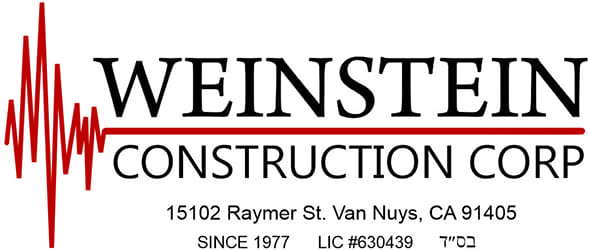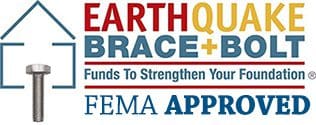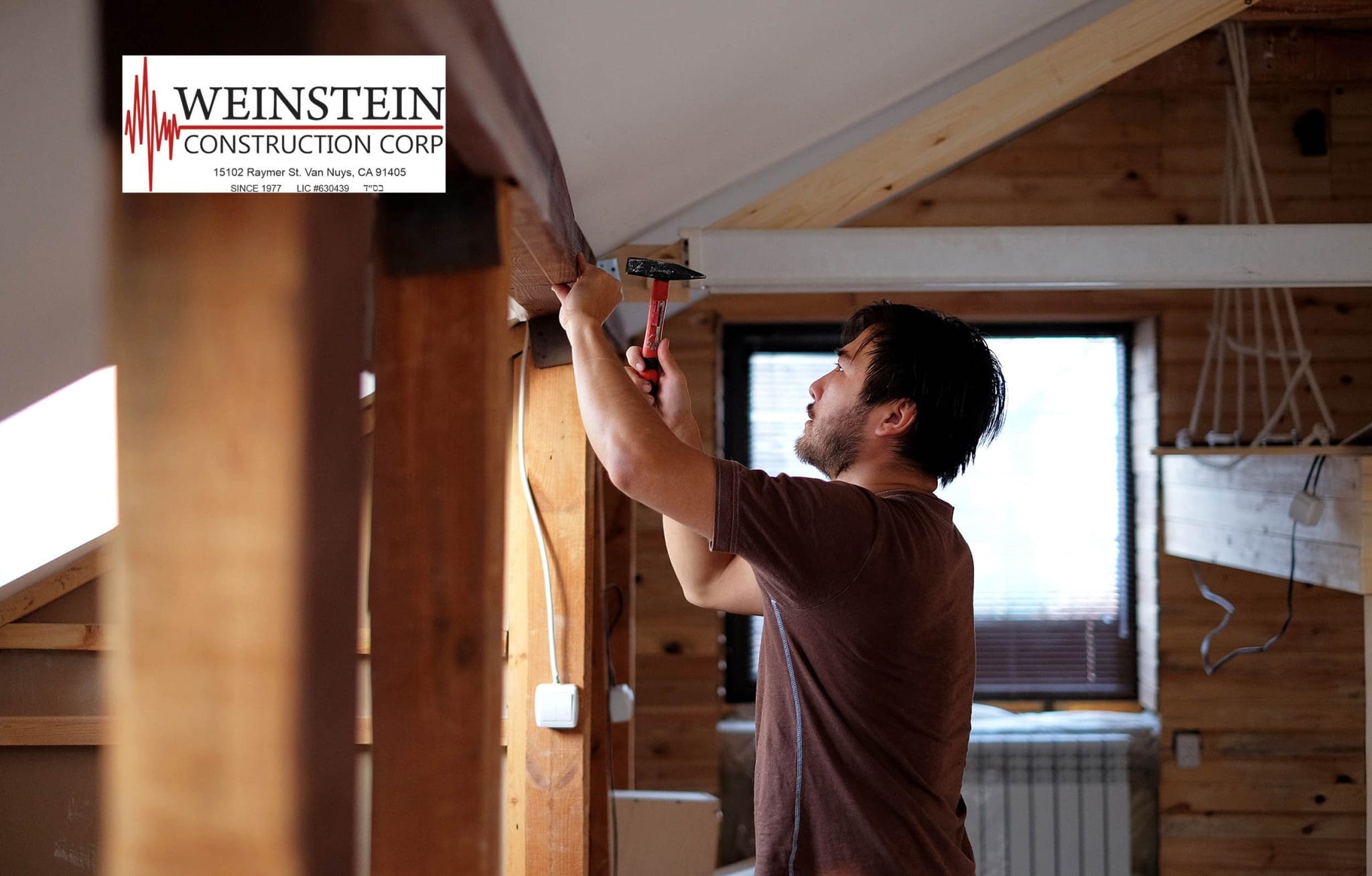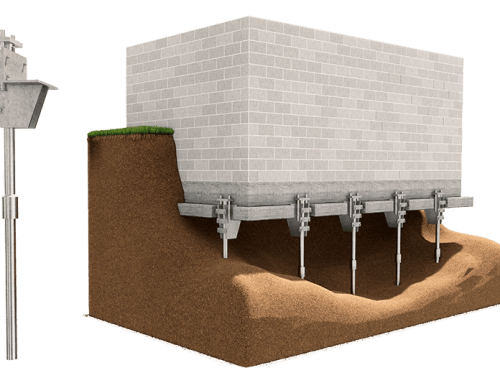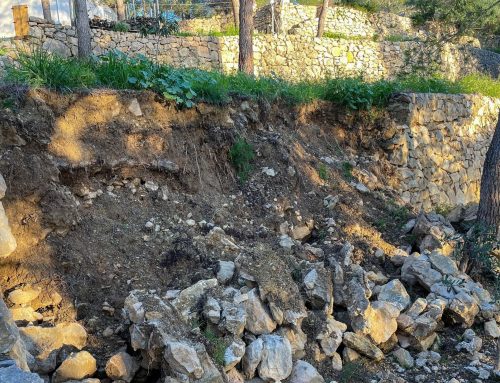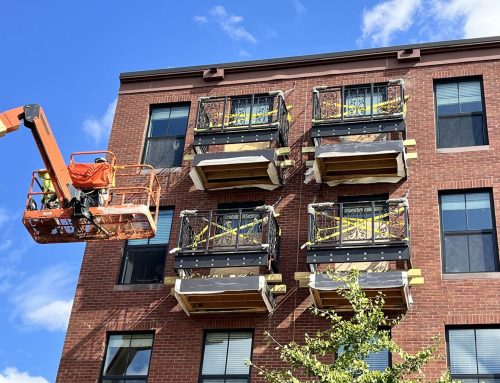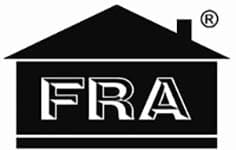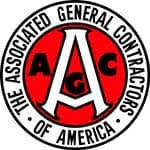What is the flipper disclosure law in California?
Over the past few months, we have heard from many of our clients who want to buy or sell single-family homes and condominiums, and they tell us that are interested in learning more about a new California law that may apply to their property. This new law, which is officially called AB-968, is known as the Home Flipper Disclosure Law. This law, which took effect on July 1, 2024, requires every seller of a renovated single-family home or condo, who accepted an offer on the property within 18 months from the date the title of the property was transferred to the seller, to now provide the property’s new buyer with the following information:
(1) A disclosure regarding all renovations done on the property by contractors, including any room additions, structural modifications, other alterations, or any repairs made to the property during the period of time of the seller’s ownership of the property.
(2) A disclosure of the name and contact information of each contractor who was responsible for the work described above (when the contractor’s labor and materials cost was over $500).
(3) Copies of any permits obtained for the work described above, or, if the seller was not provided with a copy of the permits, then the buyer should be provided with the name and contact information of the third-party contractor who did the work, so that the buyer can then verify the permits independently with that contractor.
What is the new law for flipping houses in California?
If you are wondering, why was this law passed? Well, that is a good and important question! As you probably already know, the California real estate market has been pretty hot for quite a few years, especially in the Greater Los Angeles region! As a result, a number of property buyers, also known as “home flippers”, have decided that they can make some money in this market by purchasing distressed properties, fixing them up, and selling them to home buyers at a hefty profit.
This practice has been going on for a while, and while some flippers generate heavy losses on their investments, others (often those who cut corners in renovations) can sometimes make a good living at it. But, for many home buyers, buying from an untrustworthy flipper can create a nightmare later on. This typically happens to buyers when their newly-renovated home breaks down because of the flipper’s substandard renovations, which were done by unlicensed contractors or inexperienced day laborers, who didn’t even bother to obtain the required city permits for the work!
When substandard renovations fail, it’s the home buyers who are left stuck with a home that is a safety hazard to those who live in it. To add insult to injury, the home owners are then on the hook themselves for costly repairs, with very little recourse against the shady flippers and their shadier unlicensed contractors!
And so, the new Flipper Law was designed to promote trust in the real estate market and protect homebuyers by requiring that flippers hire licensed and experienced contractors, obtain city permits when required, and offer high-quality home renovations. The end result is that home buyers get a safer, better-quality home, as well as transparency and accountability for all the work done on the property! This means more peace of mind for the buyer, which is a wonderful thing!
What are the red flags for property flips?
As a buyer, you may be wondering, “Well, are there red flags to watch out for, when buying a property from a home flipper?” The answer to that question is, in this case, yes, there are a couple of complications and red flags that should be mentioned!
The first red flag, is about the required disclosures. Home flippers typically have their own network of contractors, and they often consider these contractors as their “trade secret”. The flippers will not easily provide the name and contact information of “their” contractors, especially when they are unlicensed and unqualified to do the work! As such, shady flippers will often try to get around the new law, AB-968, by using the “Owner Builder” exemption. But, this won’t be so easy for the flippers, as the “Owner Builder” exemption has its own requirements, for example, the property has to be the flipper’s principal residence for over 12 months prior to the completion of the work! And so, if you are a property buyer, keep a keen eye on whether the home flipper is trying to improperly use the “Owner Builder” exception!
The second red flag might ensnare some unsuspecting home owners, who may get tangled up in the new law when, for example, they did some home renovations on their property and then tried to sell it within an 18-month period. Guess what? In effect, the home owner could now become the “Flipper” for the purposes of the new law, and be required to provide the new buyer with all the above-mentioned disclosures and city permits!
So, what’s the morale of the story? Flippers and home buyers shouldn’t cut any corners here, and both must be careful about who they hire to do property renovations! Hire only contractors such as Weinstein Construction, who are licensed and experienced in providing such work, and who will obtain all the necessary city permits for the job, when required!
Weinstein Construction is your local neighborhood construction company! We have operated with our own work crews and under the same name for over 45 years, and you are always welcome to visit us at our offices in Van Nuys! We offer home owners a variety of construction services, including residential earthquake retrofitting and EBB services, foundation repair and replacement, house leveling, retaining walls construction, basement foundation waterproofing, leaky basement repair, crawl space protection, and drainage mitigation systems! Call us today at (888) 412-8363 for a free inspection and review of your home’s construction needs!
